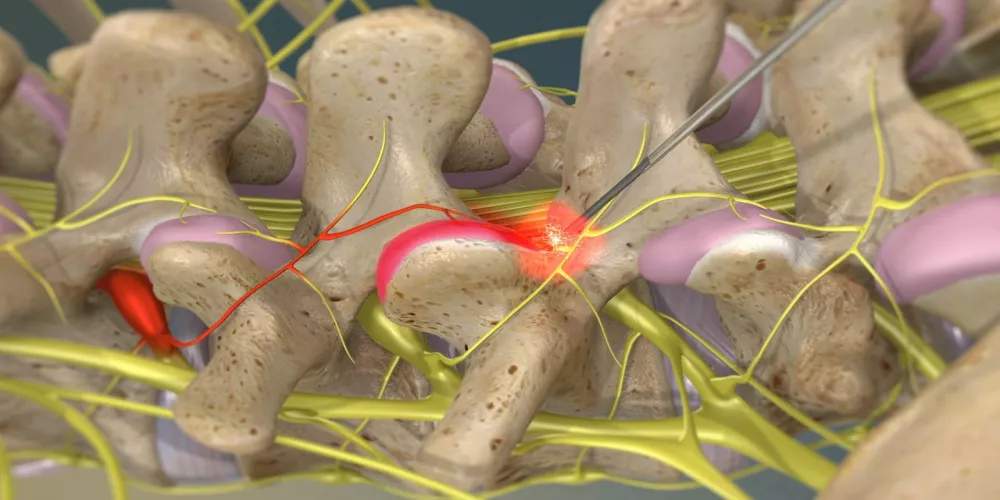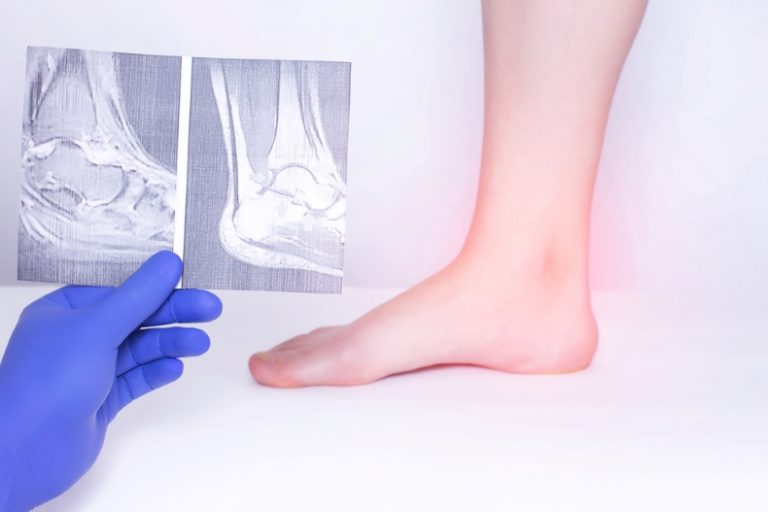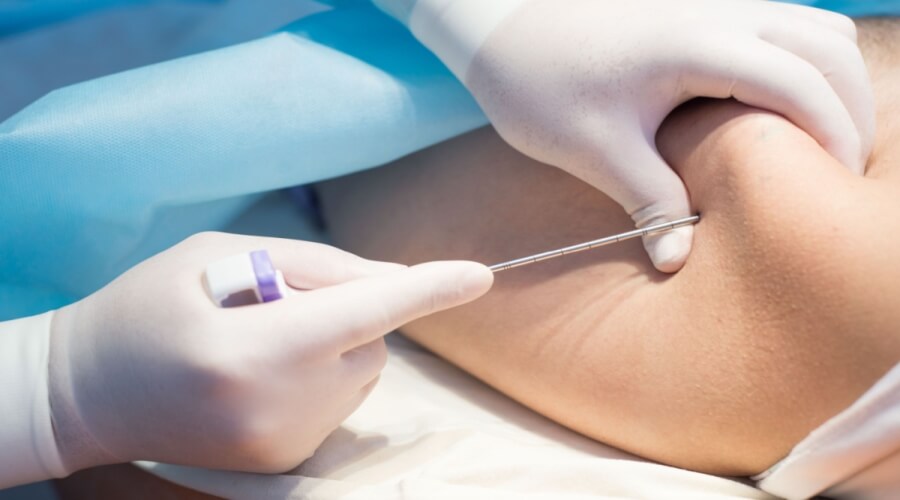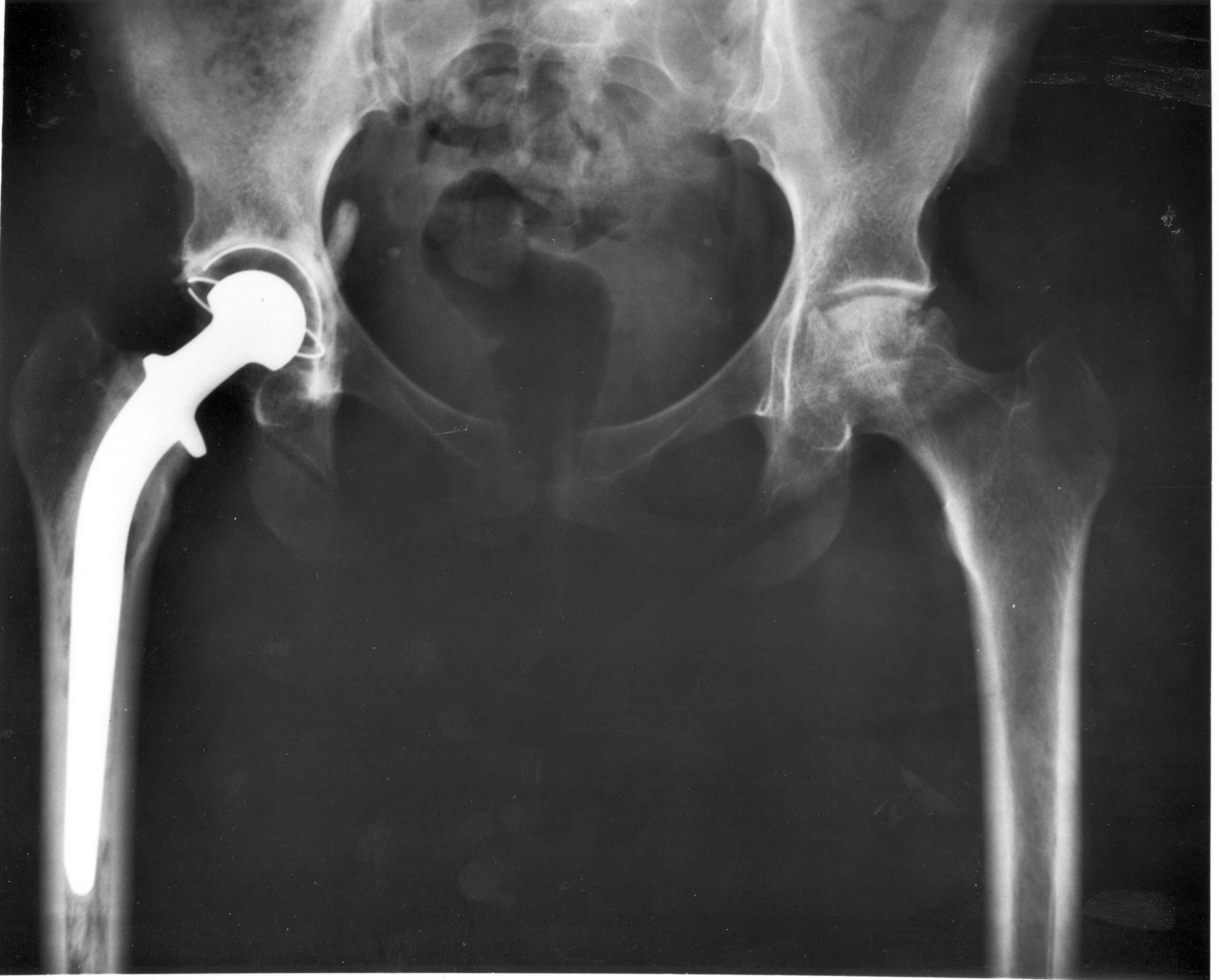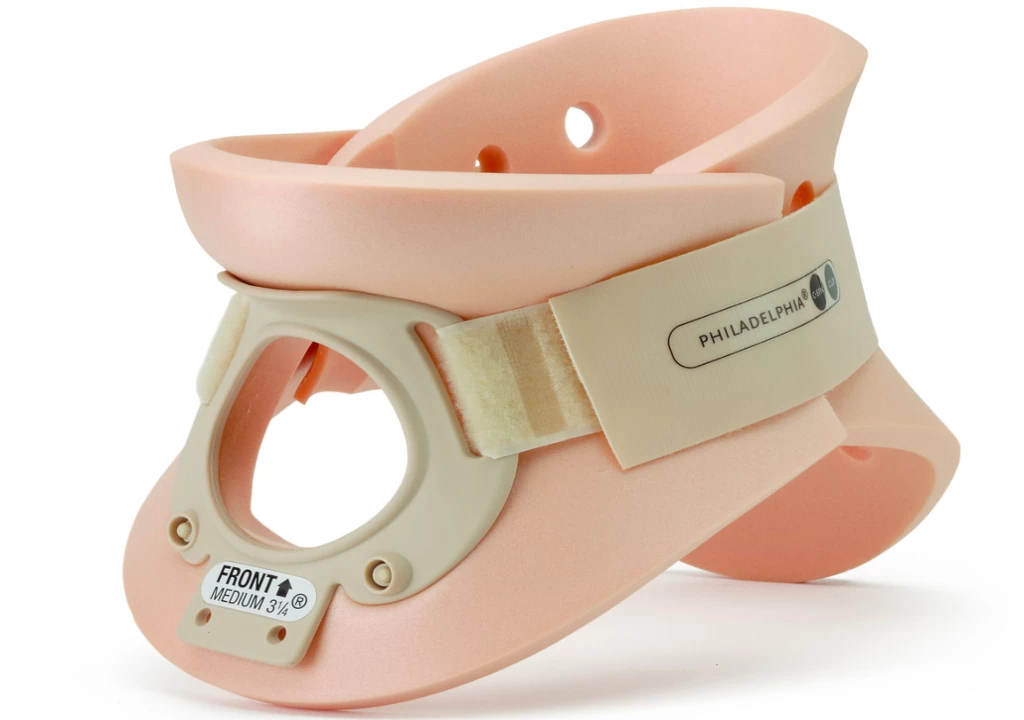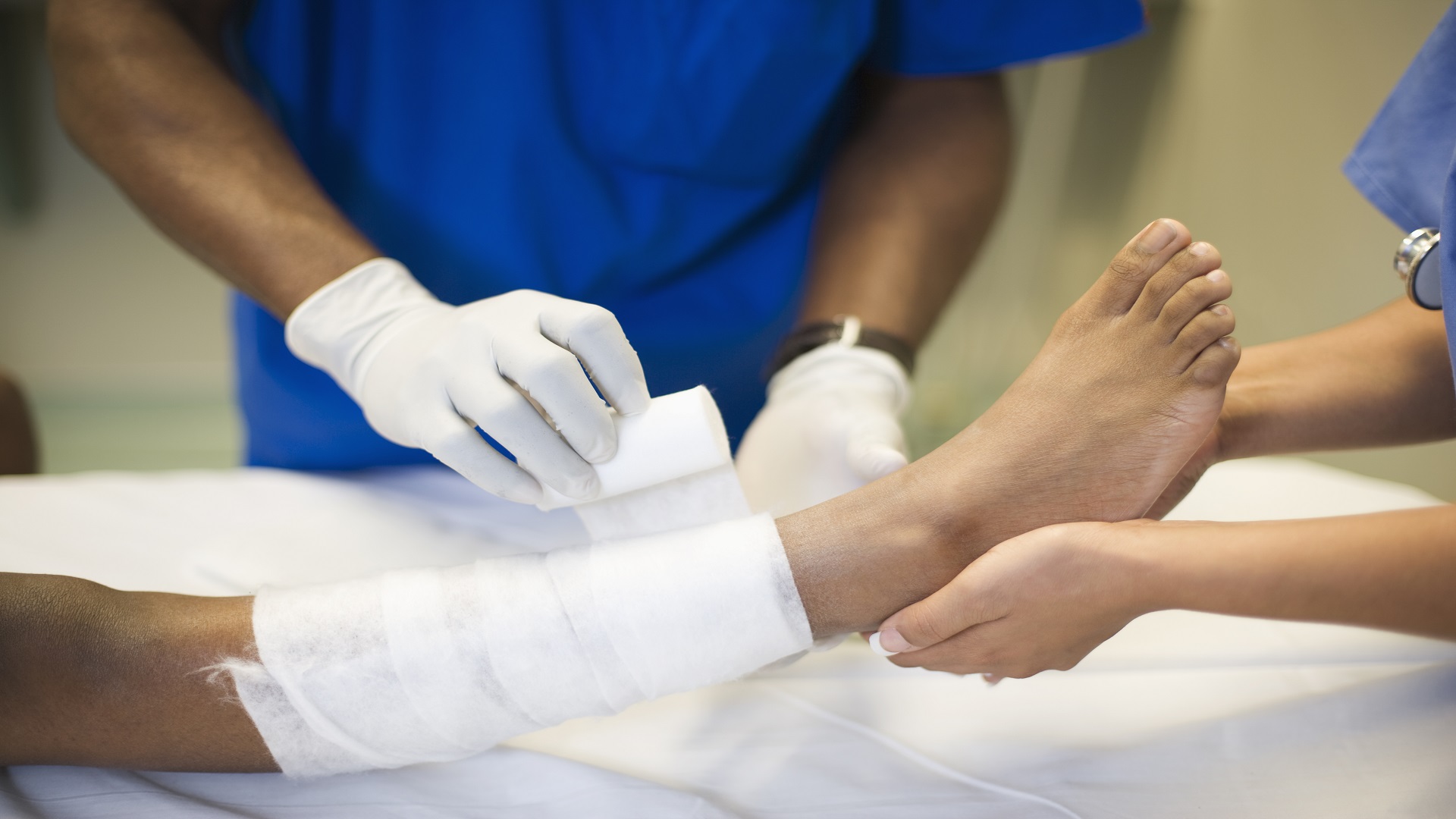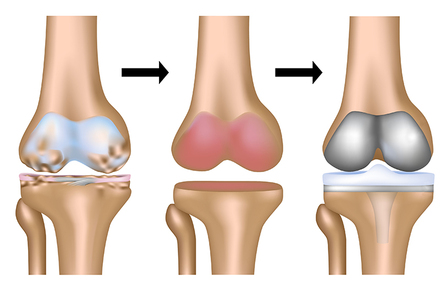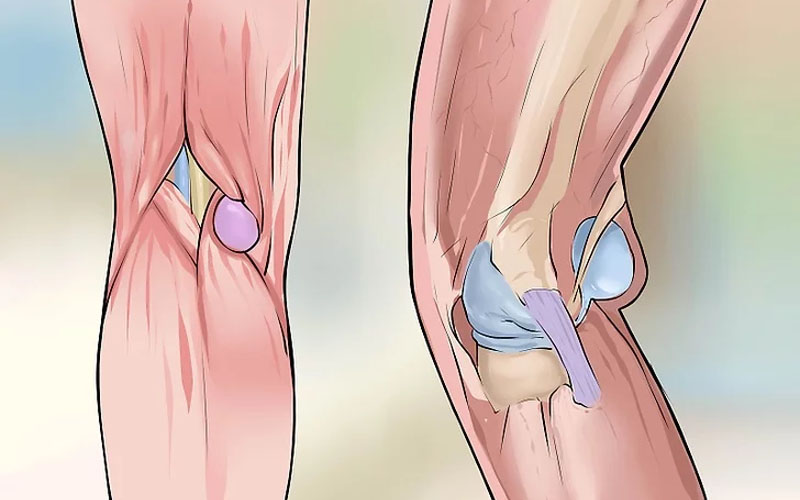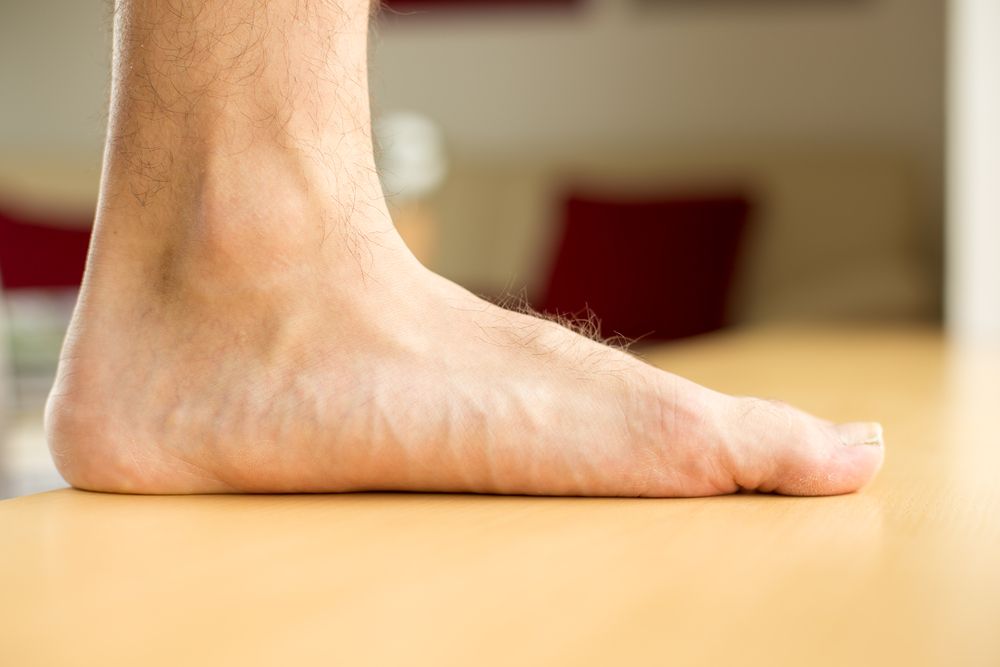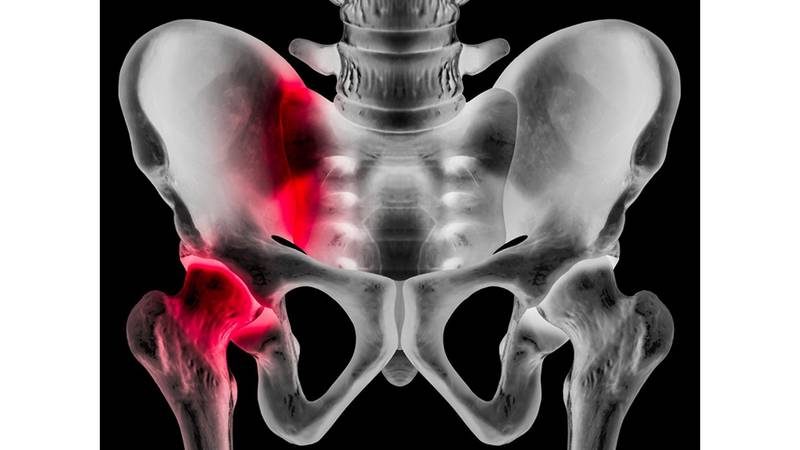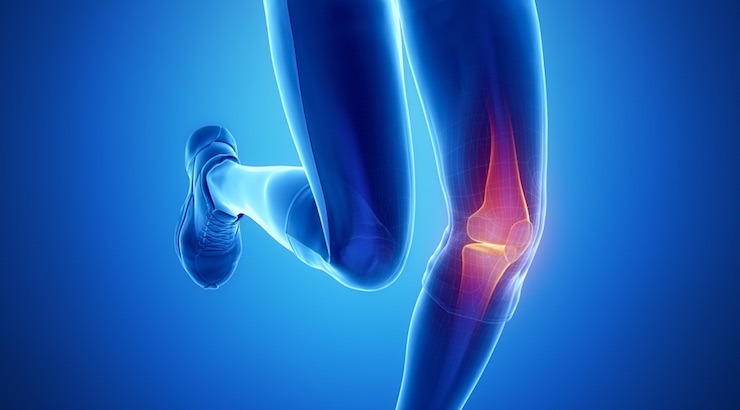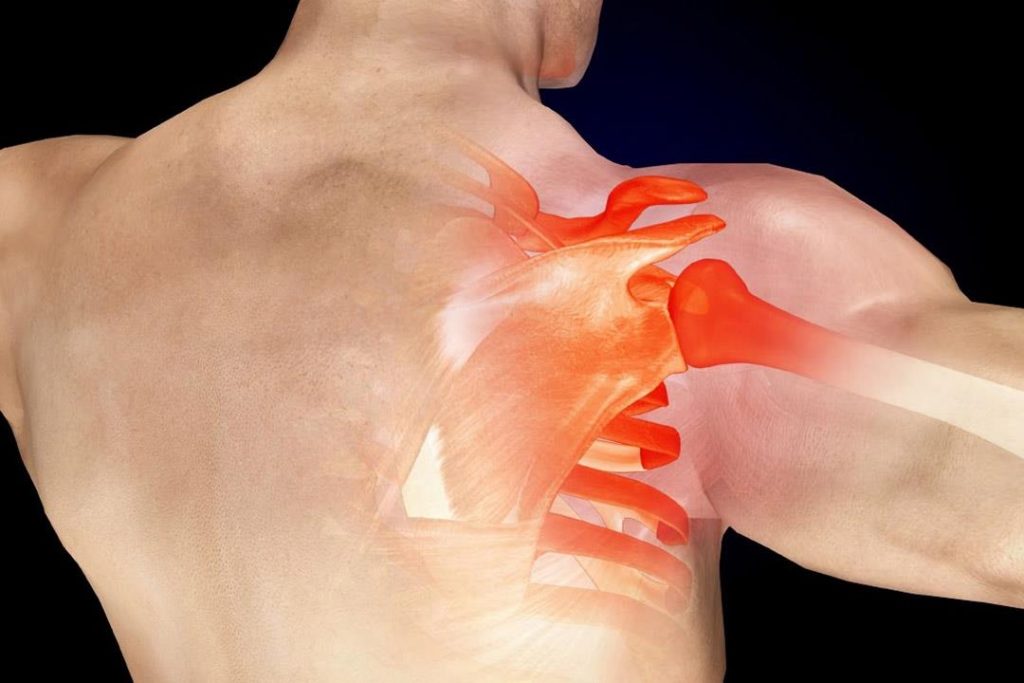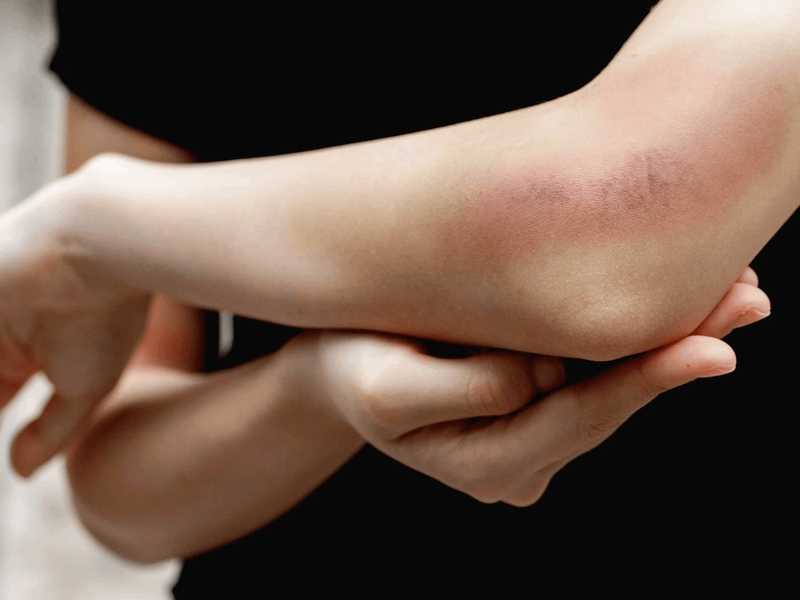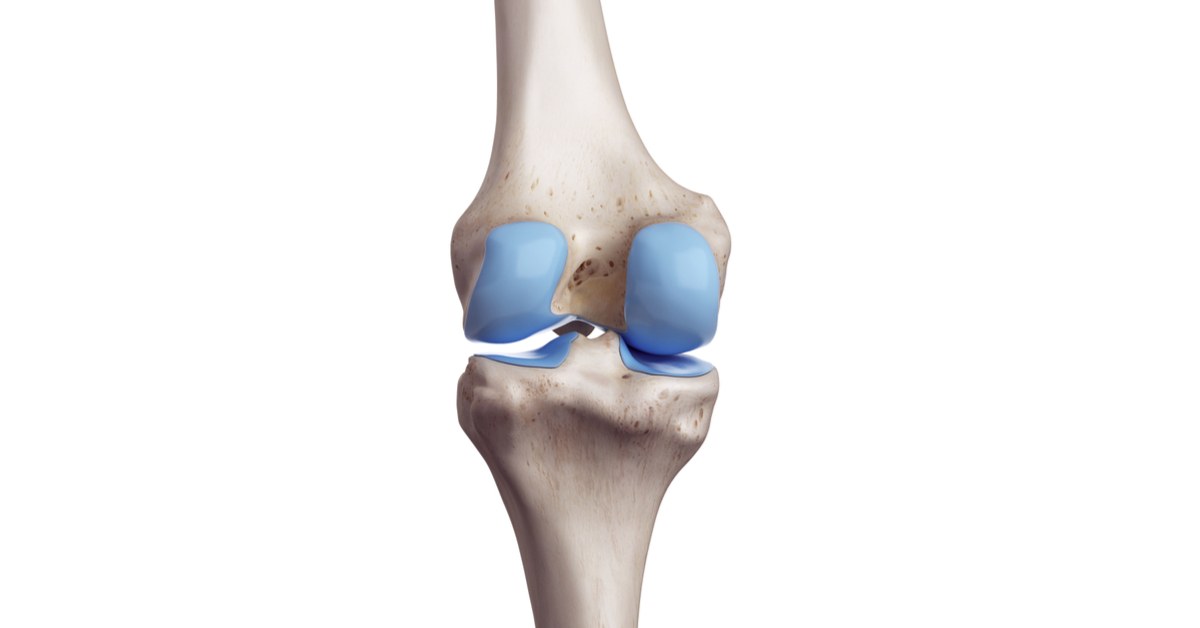Does the shoulder return to normal after dislocation?
There is a lot of information that answers many questions about the dislocation of the shoulder joint, and we will answer them in detail in the following article.

Does the shoulder return to normal after dislocation?
Can a dislocated shoulder be cured? The treatment of shoulder joint dislocation helps, and there can be an ability to return to the regular activity that the patient does. The patient can return to his normal daily practices, and the patient can return to his everyday life, and after recovery from the pain that accompanies his shoulder pain.
The shoulder vinegar treatment lasts for several months, during which the patient can perform medical instructions that help improve the patient’s condition and give him the ability to reach recovery. Physiotherapy can be used during the treatment period in order to give the patient the ability to return to his activity and strengthen the muscles.
When does physical therapy begin after shoulder fixation surgery?
Physiotherapy is one of the healing methods recommended by doctors and is part of the rehabilitation program for the patient after the shoulder joint fixation surgery. The surgery can be performed in order for the person to begin to feel recovered, especially if a good recovery rate is not obtained from non-surgical methods. A dislocated patient may start Shoulder joint in physiotherapy sessions two weeks after surgery.
Physiotherapy for shoulder immobilization operations ranges from simple to more severe, which works to improve the person’s condition and give strength to the muscles and ligaments to return to their place and fix the joint naturally and not be subject to a dislocation again.
Is shoulder dislocation dangerous?
Shoulder dislocation is performed in order to stabilize the joint and avoid further dislocation or exposure to a complete rupture of one of the tendons in the joint. This surgery can be performed after more than one treatment method, but the patient may be exposed to some rare complications after the operation, including the following:
- Nerve damage.
- Exposure of blood vessels to rupture.
- The presence of bleeding in the affected part.
- Shoulder infection.
- The presence of chronic inflammation in the joint.
Medical follow-up can help improve the condition of the patient and recover from the pain that may accompany the operation and also reduce the potential risk after the surgery.
Shoulder fixation success rate
Many doctors recommend non-surgical treatment methods first before starting the shoulder joint stabilization procedure, but in the event that the injured party does not respond to other types of treatment, surgery may be the best solution in this case, and the doctor begins to prepare the patient seriously for the operation.
Choosing an experienced doctor, as well as making the necessary diagnosis before performing the shoulder immobilization operation, is one of the important steps that help the success rate of the surgery reach 95%. Therefore, close attention must be paid to the surgeon who performs the surgery, as well as to adhere to the instructions given by the doctor after the operation.

